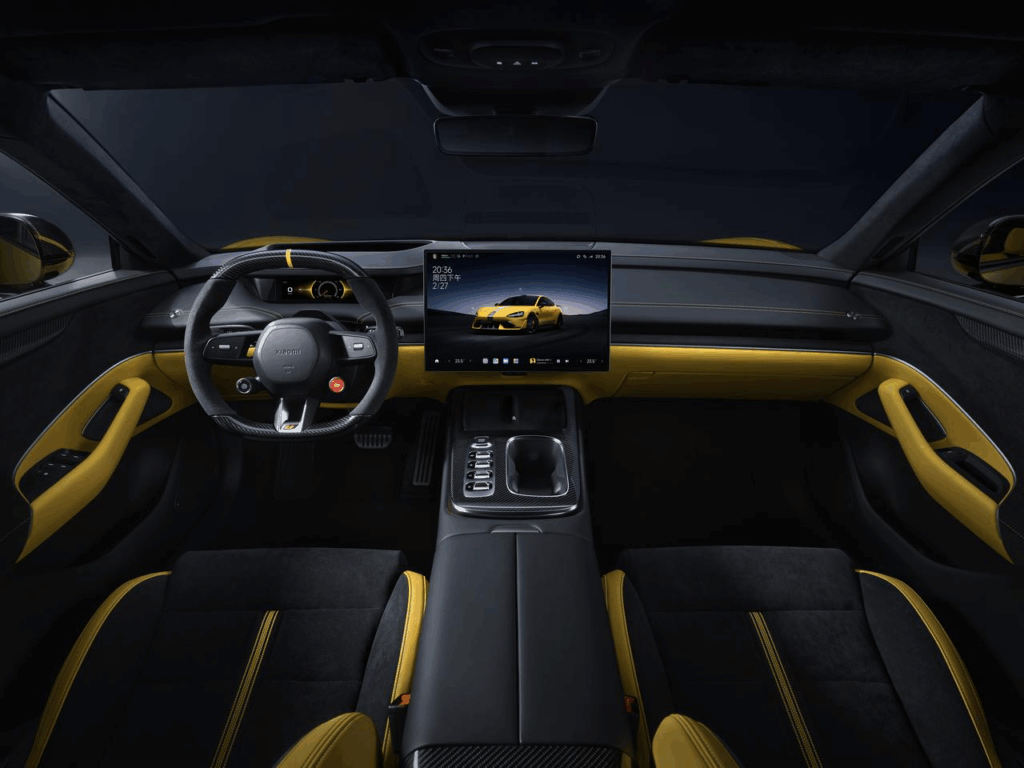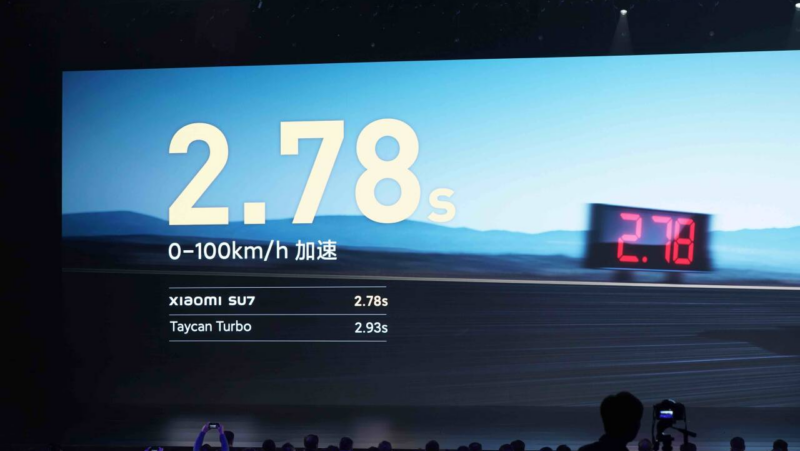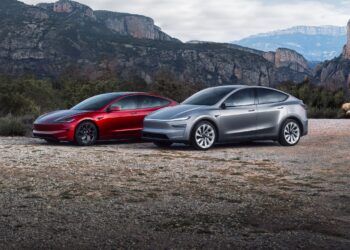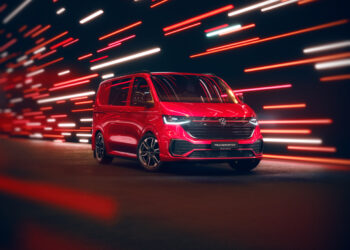There are increasingly more cars, especially 100% electric ones, capable of astonishing accelerations, in some cases to the point of leaving the occupants’ backs “glued” to the seats. Extremely powerful electric motors, and an immediate response to the accelerator, result in 0-100 km/h times that, in not a few cases, embarrass many benchmark sports cars equipped with internal combustion engines, even though the differences between the two, in terms of weight, tend to be anything but negligible.
In this domain, it is not only the models focused on pure performance, with an eminently sporty vocation, that are capable of such feats. In the market, there are, for example, several SUVs with performance well above average, with even an unacknowledged race… among manufacturers, with the Chinese leading the pack, eager to gain media notoriety and attract more customers.

However, everything could change soon. While limiting the maximum speed of cars has long been a topic of discussion in the sector, in the case of electric vehicles, it is also due to the need to preserve autonomy; in most cases, they do not reach the levels of their counterparts with thermal engines in this regard. However, in China, the introduction of a rule to restrict acceleration capacity is being considered, with the Ministry of Public Security discussing the possibility of conditioning 0-100 km/h starts when they can be achieved in less than five seconds.
According to this proposal, passenger cars must have a configuration that allows for the implementation of this limitation whenever the engine is started. Thus, for the driver to enjoy greater acceleration capacity, if the car allows it, it will be necessary to have other controls and perform a handful of operations to activate electronic control systems, most likely on the multimedia system monitor, and even ignore alerts regarding the risks of these maneuvers.










